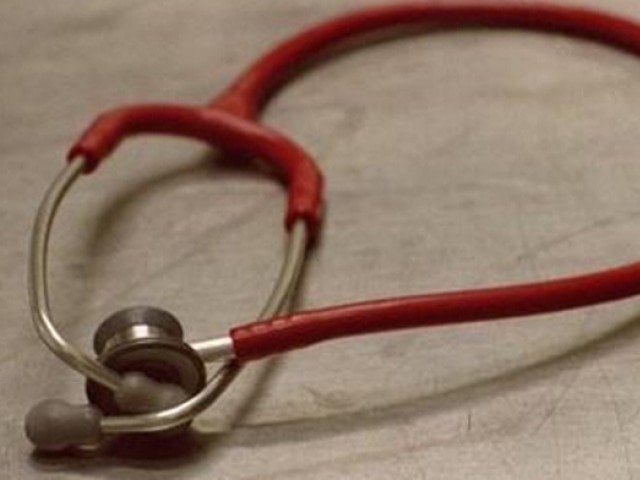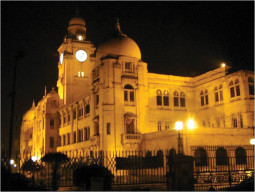
A two-judge bench, headed by Justice Munib Akhtar, sought details from the programme director of the provincial health department’s Maternal Neonatal and Child Health Programme by December 4.
Earlier, Dr Iqbal Hussain Chandio, the programme director, informed the judges that in compliance with the court's directives, a second meeting of the sub-committee on obstetric fistula was held on April 25 wherein it was decided that the training of gynaecologists will start at the Koohi Goth Hospital.
Dr Shershah Syed, one of the petitioners, was to head the training from May 2. Dr Shabnum, the assistant professor of gynaecology and obstetrics at Sheikh Zayed Women Hospital Larkana, was nominated for the training.
Suffering in silence: SHC questions funds availability to control fistula in province
The director said on May 1 Dr Syed called Dr Shabnum and said there were insufficient numbers of patients for surgery, so the training could not be carried out. He also advised Dr Shabnum not to visit the hospital.
Dr Chandio said that Dr Syed was later intimated that the training could start from October 2, adding that the funds for the traveling and daily allowances of the doctors attending the training were also reserved in the fiscal year 2016-17.
The programme director said the PC-1 of the Maternal Neonatal and Child Health Programme expired in June, 2017 and the new one was under process. He said the training would be carried out once it was approved.
Regarding the suggestion of training at the venue, where eight to 10 cases of fistula are registered, the director said they were working on it but it was a rare complication. He said only 10 cases were reported during 2016.
Sindh High Court orders arrest of SSP East
The director said as the disease can be prevented by proper antenatal care and delivery by skilled birth attendants, the recruitment of 6,000 medical attendants, including 3,200 female medical attendants, 3,000 lady health workers and deployment of 566 others, was in process to achieve the object.
The bench directed the programe director to submit a report on the latest update regarding the availability of funds for the doctors' training by November 23.
Case history
The bench was hearing a petition jointly filed by gynaecologist Dr Shershah Syed, non-governmental organisation Tehreek-i-Niswan and Kiran Sohail, a mother of six who had developed obstetric fistula after having her first child and was left untreated for over eight years.
The petitioners' lawyer, Sarah Malkani, said that despite the passage of national maternal health policies, around 5,000 women in the country developed fistulas every year. The petitioners estimated that over 1,500 suffering from the disease hailed from Sindh, where a majority of the government hospitals do not provide fistula repair surgery.
Former IG corruption case: Sindh High Court seeks progress report from NAB
In the petition, they explained that obstetric fistula was a hole between the birth canal and rectum or bladder that leads to continuous, uncontrollable flow of urine, faeces or both. It is mainly caused by prolonged obstructed labour without timely emergency obstetric care but can be repaired through a surgical procedure, they added.
According to the petitioners, the country had, in 2006, introduced the National Maternal Newborn and Child Health Programme, which called for improvements in maternal and newborn child health services at all district levels, including 24-hour comprehensive emergency obstetric care, training of community midwives, access to comprehensive family planning services and general awareness of maternal health services.
While Sindh had developed a health sector strategy in 2012 to address maternal deaths and improve antenatal care, only four hospitals are staffed and equipped to repair fistulas in the province, the petitioners pointed out.
They pleaded that the provincial government be held accountable for the denial of timely and adequate treatment of obstetric fistula as violations of women's fundamental rights under the Constitution, including their rights to life and dignity.
1732762837-0/Taylor-(3)1732762837-0-405x300.webp)
















COMMENTS
Comments are moderated and generally will be posted if they are on-topic and not abusive.
For more information, please see our Comments FAQ